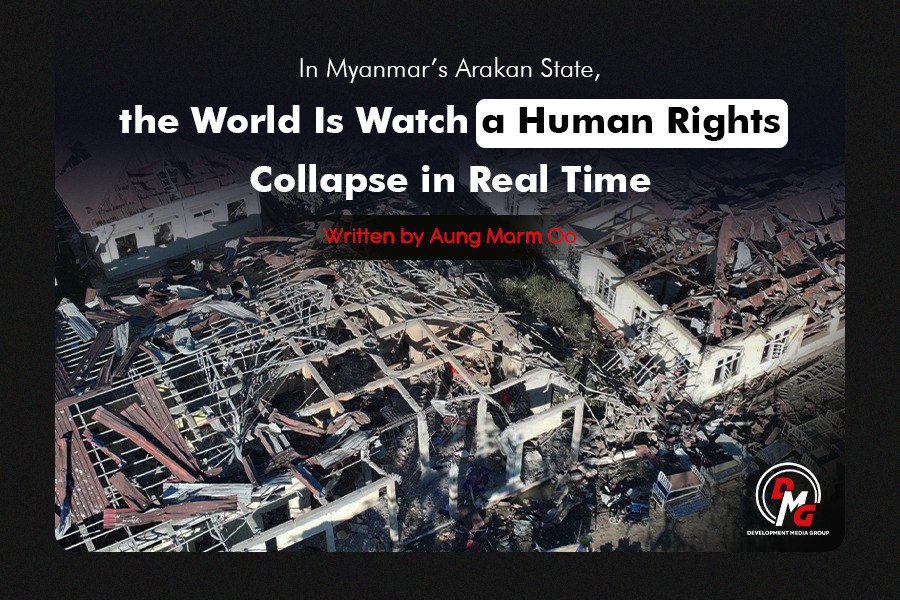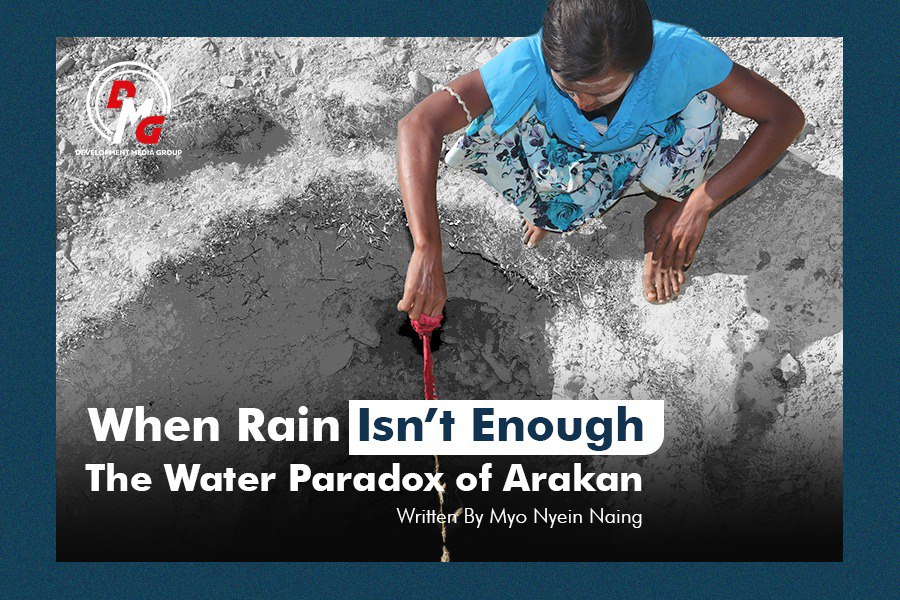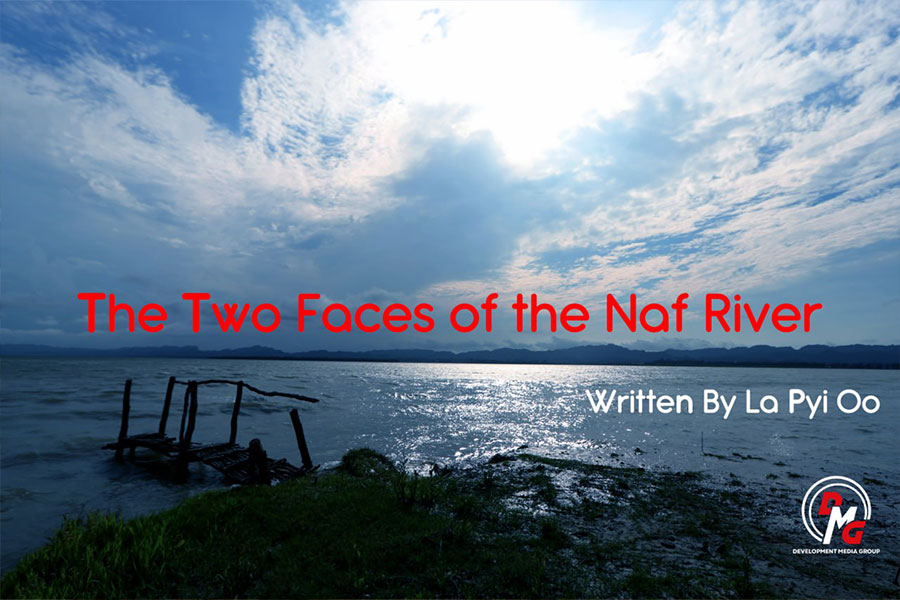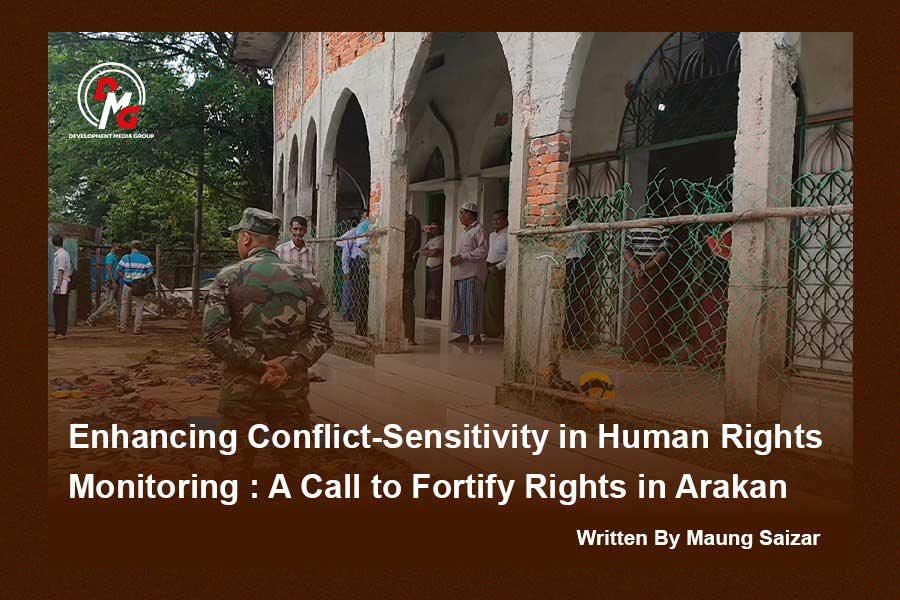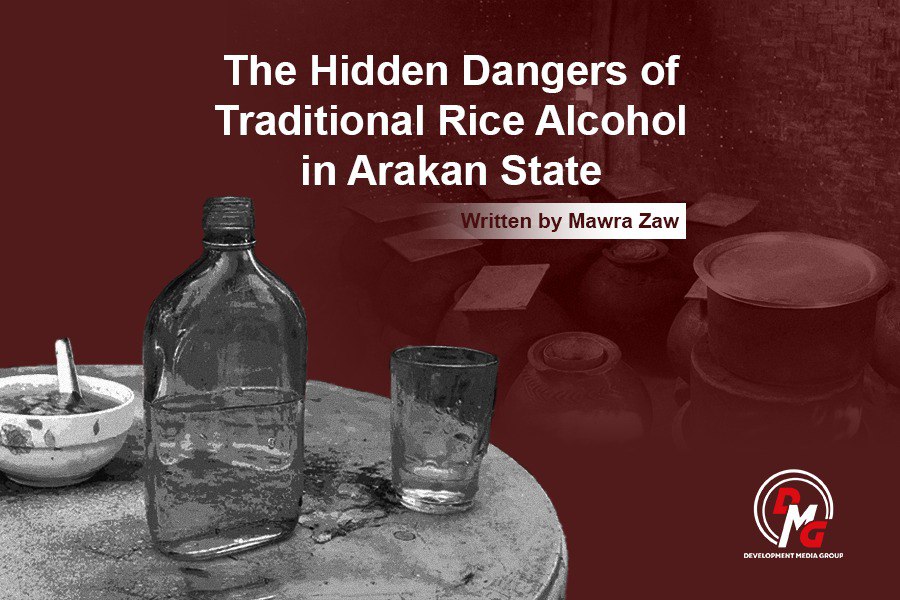- Junta unable to hold elections in dozens of wards and village-tracts in Sittwe, Kyaukphyu
- Fighting escalates between Myanmar military, Arakan Army in Ayeyarwady Region
- Regime steps up civilian arrests in Sittwe
- ULA safeguards Mrauk-U's ancient heritage
- Arakan on the Edge: What the DMG Landmine Impact Report Reveals About Myanmar's Deepening Humanitarian Crisis
Vox Pop: What’s behind decreasing relief aid for Arakan State IDPs?
“Donors need to apply for permission from the state government to provide a donation. As the government did not allow them to go to the camps for security reasons, the number of donors is decreasing.”
11 Feb 2020
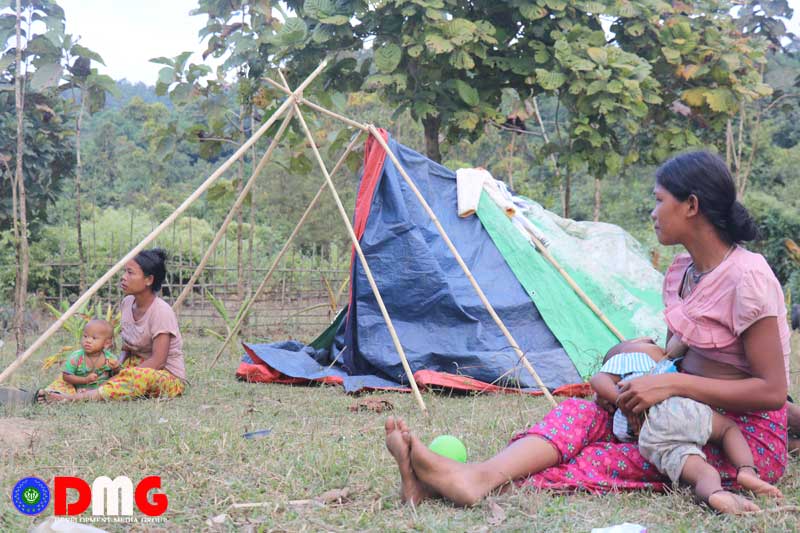
By Win Nyunt | DMG
“Donors need to apply for permission from the state government to provide a donation. As the government did not allow them to go to the camps for security reasons, the number of donors is decreasing.”
In Arakan State, hostilities between the Tatmadaw and Arakan Army have lasted for more than a year, resulting in more than 100,000 internally displaced people (IDPs) in the region. But as humanitarian needs have grown, relief aid for IDPs from civil society organizations and donors has been decreasing, bringing more worries for displaced populations already facing numerous difficulties. DMG asked several stakeholders for their thoughts on why there has been a drop-off in humanitarian aid provisioning for Arakan State’s IDPs.
Ko Zaw Zaw Tun, secretary, Rakhine Ethnics Congress (REC)
The financial situations of CSOs [civil society organizations] are becoming weaker as the number of people providing financial aid for them is lessening. And they dare not go to the camps for security reasons, because hostilities in the region are growing and arresting of people has been heard very often. Additionally, a letter [from the government] issued recently prohibited both international staff and local staff to [travel to] conflict-affected areas. The letter affected local relief organisations, too.
U Khaing Kaung San, executive director, Wan Lark Foundation
The number of donors to provide relief aid for IDPs is currently fewer. Meanwhile, the number of IDPs has reached more than 100,000. The fighting has been occurring for a long time. No donations are provided in some places. I think it would be better if the government provided cash rather than rice. The main reason is the restrictions of the government. Donors have to apply for permission from the regional government. And the government checks people who are going to the camps to provide relief aid. I think the government and international organizations need to help the IDPs.
Ko Aung Kyaw, information officer, Alliance Social Welfare Association in Poe Shwei Pyin village
The number of war refugees has increased and people are facing economic downturn due to armed conflict in the region. People from both rural and urban areas are facing poor business. So, the number of donors is decreasing because they cannot provide donatione as before.
Myadasaung Sayardaw, Myadasaung Foundation for Assisting IDPs
Since the state government restricted international organizations and local organizations, the number of donors is decreasing. Donors need to apply for permission from the government to provide aid for IDPs. If the government does not allow them to go to the camps on the basis of security reasons, they cannot go. So, the number of donors to Arakan IDPs has been fewer.
Parahita [social welfare] organizations in the region have to collect donations from people. But the government arrests them or charges them to prevent the collecting of donations in the region. And they are not allowed to go to the camps to provide relief aid. That’s why the amount of donations to the IDPs in Arakan State has been decreasing.
Daw Khin Saw Wai, Pyithu Hluttaw MP of the Arakan National Party (ANP)
The government is most responsible for providing aid to IDPs. It needs to take accountability for their livelihood and daily expenditure because it is elected by the people. I’d like to say the government, any government elected by the people, must help IDPs as much as it can.




